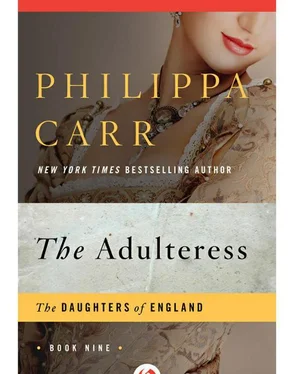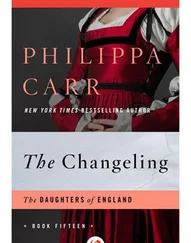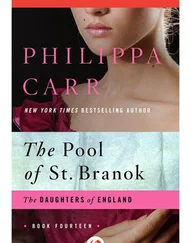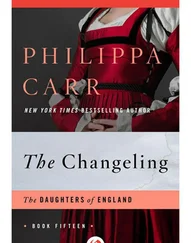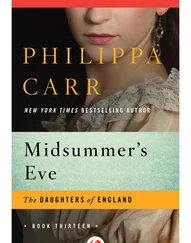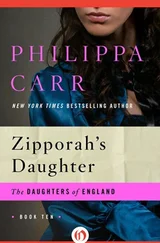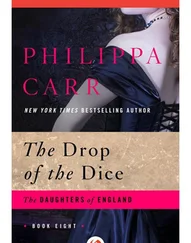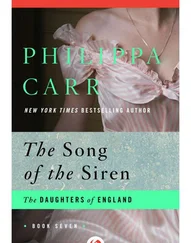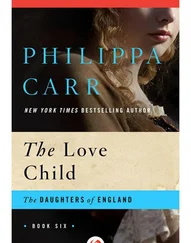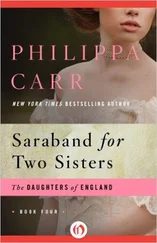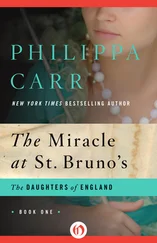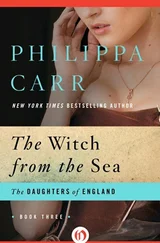Then I was of age and there were dances and at one of these Jean-Louis showed himself capable of jealousy because he thought I was too interested in one of the sons of a neighboring squire. Then we decided we would marry, but Jean-Louis didn’t want to do it while he was still under my mother’s roof. He was proud and independent. He was working on the estate and doing well. Tom Staples said he didn’t know how he’d manage without him; then Tom Staples suddenly had a heart attack and died. The estate manager’s job and house became vacant, so Jean-Louis stepped into his shoes. He managed the estate and took over the house which went with the post, and there was no reason then why we shouldn’t be married right away.
That had happened more than ten years ago in the fatal year of ’45. Drama touched us then in the return of the love of my mother’s youth who had been transported to Virginia thirty years before for his part in the ’15 rebellion. I was so immersed in my own marriage at the time that I only vaguely realized what was happening and that the returning Dickon was the young lover of whom my mother had dreamed all through her life—even when she was married to that most desirable of men, my father. Alas, for her, the lover of her youth fell in love with Sabrina, married her, and young Dickon was the result.
My poor mother! I realize her sufferings far more now than I did then. Sabrina came back to my mother after Culloden. Then Dickon was born—that was ten years ago—and Sabrina and my mother lived together in Clavering Hall, and I know now—understanding people’s emotions so much more than I did before my own adventure—that they saw in him the Dickon they had both lost. Perhaps that brought them some consolation. But I was beginning to believe that it was having an adverse effect on Dickon’s character.
So Jean-Louis and I were married, and he was a good husband to me; ours was the typical country existence; we went on, untroubled by outside events; there might be wars in Europe in which the country was involved but they affected us very little. We went from season to season, from Good Friday gloom to Easter rejoicing, to summer church fêtes on the lawn if the weather was good and in our vaulted hall if it were bad, to harvest festivals when everyone vied to produce the finest fruits and vegetables for display, to Christmas and all its rejoicing. That was our life.
Until this day when we had the message from Eversleigh Court.
My mother was pleased to see us as she always was.
“I’m so glad you could come today,” she said. “I do want to talk to you about poor old Carl. Sabrina has given you an inkling, hasn’t she? I am so sorry for him. He sounds so pathetic in his letter.”
She slipped one arm through mine and the other through that of Jean-Louis.
“I thought just a family party so that we could really talk. Just Sabrina, myself and the two of you. Jean-Louis, dear, I do hope you will be able to manage to go with Zipporah.”
Jean-Louis then began to launch into a description of the problems of the estate. He loved talking about them because they were of such paramount importance to him. He glowed with enthusiasm and I knew it would be a great sacrifice for him to spare time from it.
We went into the hall—which was very fine and, as usual in such buildings, the central feature of the house. It was a large house—meant for a big family. My mother would have liked Sabrina to marry again and live there with her children; I am sure she would have liked Jean-Louis and me to come there and have a family. That was what she wanted to be, the center of a big family; and all we had was Dickon.
It seemed now that Sabrina would never marry again. My mother might have done so too because she had been quite young when my father was killed. But they had both set up an image which they worshiped: Dickon—the hero of my mother’s youth, whom she had adored through her life and who must have clouded her relationship with my father. It was ironic that she should still go on worshiping him even when he had proved faithless and turned to Sabrina. If he had not died a soldier’s death at Culloden would he have remained on his pedestal? Those were the questions I began to ask myself afterwards. … Looking back it seemed to me that I saw life with the unpleasantness discreetly covered; I saw all that people wanted me to see, and I never attempted to lift the cloth of conventionality and look beneath.
Young Dickon had come as a salvation to those two bereaved women, and this boy—Dickon’s son—had, so they believed, given them a reason for living. Planning for him, they had subdued their grief; they had found a new object for worship.
The house was as much home to me as the house which I had shared with Jean-Louis for the last ten years. Here I had grown up among the elegant furniture and tasteful decorations—the result of my father’s love of beautiful things.
I stood in the hall and looked at the two elegant staircases winding upward—one to the east wing, one to the west wing. Such a large house for so few people! My mother often thought that, I knew, and she was grateful that she had Sabrina to share it with her. I had said to Jean-Louis that if ever Sabrina should marry and go away we should have to go to the hall to live. Jean-Louis agreed, but I knew he so cherished his independence and he loved our house because it was a symbol of that. He never forgot that he had been left to my mother rather as a changeling child. There was something very noble about Jean-Louis in a quiet way which makes my conduct all the more reprehensible … but I must get on with my explanations as to how it came about.
There we were at supper in the dining room. The house had been left as my father had made it, and my mother would never willingly have it altered. Even the card room—the most important in the house—was left as it had been in his day, although there were no gaming parties nowadays, only a quiet game of whist occasionally when neighbors came in to join my mother and Sabrina—and of course there was no play for money. My mother was very much against that—puritanically, so some said, but of course we understood why.
Now we sat on the carved japanned chairs with their gilt decoration, which had been in the family for the last hundred years and of which my father had been rather proud, at the oak table with the apron of carved features imitating a fringed hanging which I remember my father’s telling me had been made in France for someone at the court of Louis XV. He would often throw out information like that in the midst of light bantering chatter, which, I think, was perhaps why I had always found him so fascinating.
The butler was at the sideboard ladling out the soup which one of the maids was serving when the door was opened and Dickon came in.
“Dickon,” said my mother and Sabrina simultaneously in those voices I knew so well, a little shocked, remonstrating and at the same time indulgently admiring his audacity. It seemed to say. This is wrong but what will the darling child do next, bless him!
“I want to have supper,” he said.
“Dearest.” said my mother, “you had your supper an hour ago. Shouldn’t you be in bed?”
“No,” he said.
“Why not?” said Sabrina. “It’s bedtime.”
“Because,” said Dickon patiently, “I want to be here.”
The butler was looking into the tureen as though it held the utmost interest for him; the maid was standing still holding a plate of soup in her hand; uncertain where to put it.
I had expected Sabrina to send him back to bed. Instead she looked helplessly at my mother, who lifted her shoulders. Dickon slid into a chair. He knew he had won. In fact, he had no doubt that victory would be his. I was fully aware that I was seeing a repetition of a recurring scene.
Читать дальше
